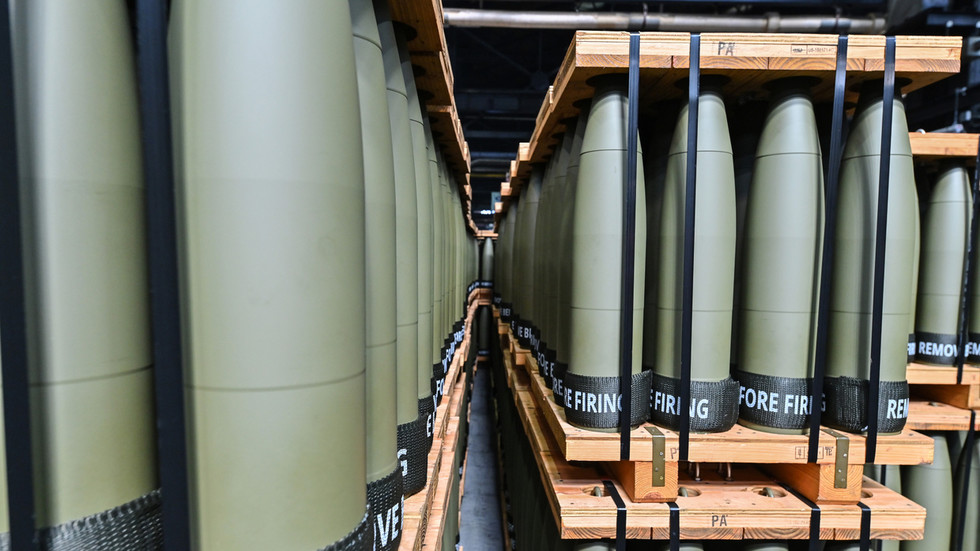But earlier this month, the Bank of Japan threw a spanner in the works for machine owners. It began issuing 1.6 trillion yen ($15.4 billion) worth of 3D hologram banknotes in 1000, 5000 and 10,000 yen denominations, the first renewal in 20 years.
As many as 80 per cent of the country’s vending machines are not equipped to accept the new banknotes, and there is a backlog in requests for manufacturers to upgrade machines to make them compatible.
“The manufacturers cannot catch up. It might take another month before ours is upgraded,” says Kakinuma, who runs an udon and soba noodle canteen in Tokyo’s Asakusa district.
The ticket vending machine at Kakinuma’s udon and soba noodle canteen in Tokyo’s Asakusa district does not accept Japan’s new 3D hologram bank notes.Credit: Christopher Jue
Even with the upgrade, he is unsure whether the new machine will take the old notes, which will remain in circulation.
His shop is one of many noodle restaurants that rely on a ticket-dispensing vending machine to serve customers. This automated system allows customers to choose their preferred meal from a machine typically at the front or outside the shop, feeding it yen in exchange for a ticket that is handed to a server before taking a seat in the restaurant.
In Japan, cash remains king. It trails other advanced economies in embracing cashless payment systems, and vending machines are predominantly powered by notes and coins. Many do not accept credit cards, though some accept digital payment through a prepaid “IC card” also used to access the train network.

Tokyo vending machine haul: a pork katsu sandwich, tinned strawberry cake, a banana and a mystery box containing biscuits and a typed message in Japanese. Credit: Lisa Visentin
On a derelict corner in Akihabara, a few blocks from the buzzing shopping district is a stash of strange vending machines regularly dubbed by social media scouts as the “creepiest” in Tokyo. Great content for the ’gram, but not great for a bargain. For 1590 yen ($15.39) you can buy a plastic jar filled with large pinkish-coloured rocks, curiously sealed shut with yellow sticky tape and affixed with a handmade label claiming the contents as Mongolian rock salt.
I passed over this in favour of a $10 punt on a hot pink panda can that promised tinned strawberry bread, but delivered a dry tube of a pale starchy substance that tasted like it had a remarkably long shelf life.
I also took a $13 chance on a handmade paper box that, when unwrapped, revealed some salty animal-shaped biscuits and a typed note with musings on Japan’s housing crisis.
Loading
Possibly, the same handiwork had been used to adorn the outside of the machine with labels warning that only old 1000 yen bills or coins would be accepted.
For those rocking up with the new bills (or even old bills, for that matter), I recommend crossing the street and getting yourself a pork sandwich from the katsu vending machine. For 800 yen ($7.74), the loin is juicy and tender, and the bread is soft and fresh.
And if you’re passing through Shibuya station, head to the basement for the banana vending machine. For 150 yen ($1.45), you get the spectacle of a single-issued fruit, dispensed perfectly ripened and chilled at 10 degrees.





















Discussion about this post